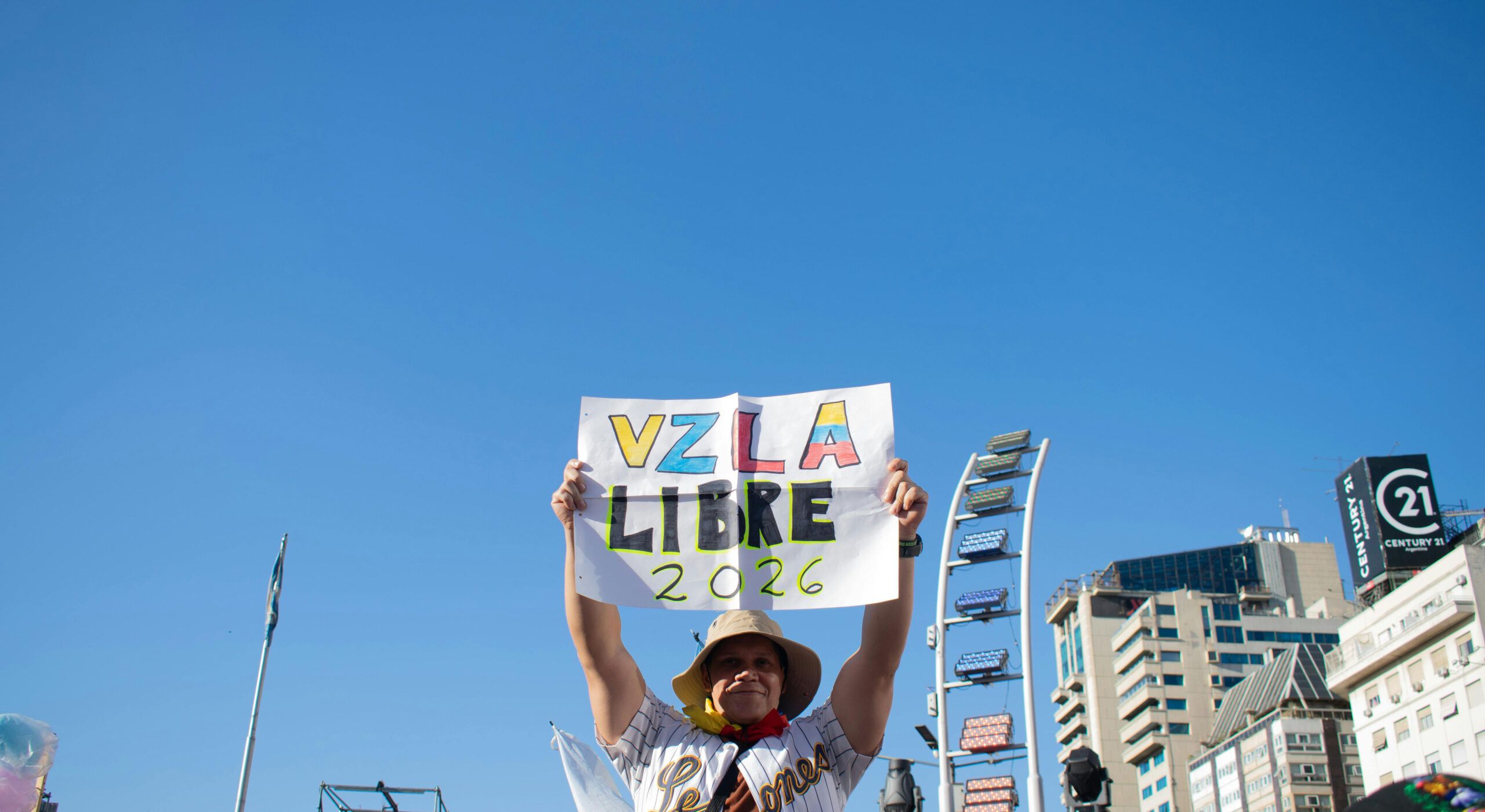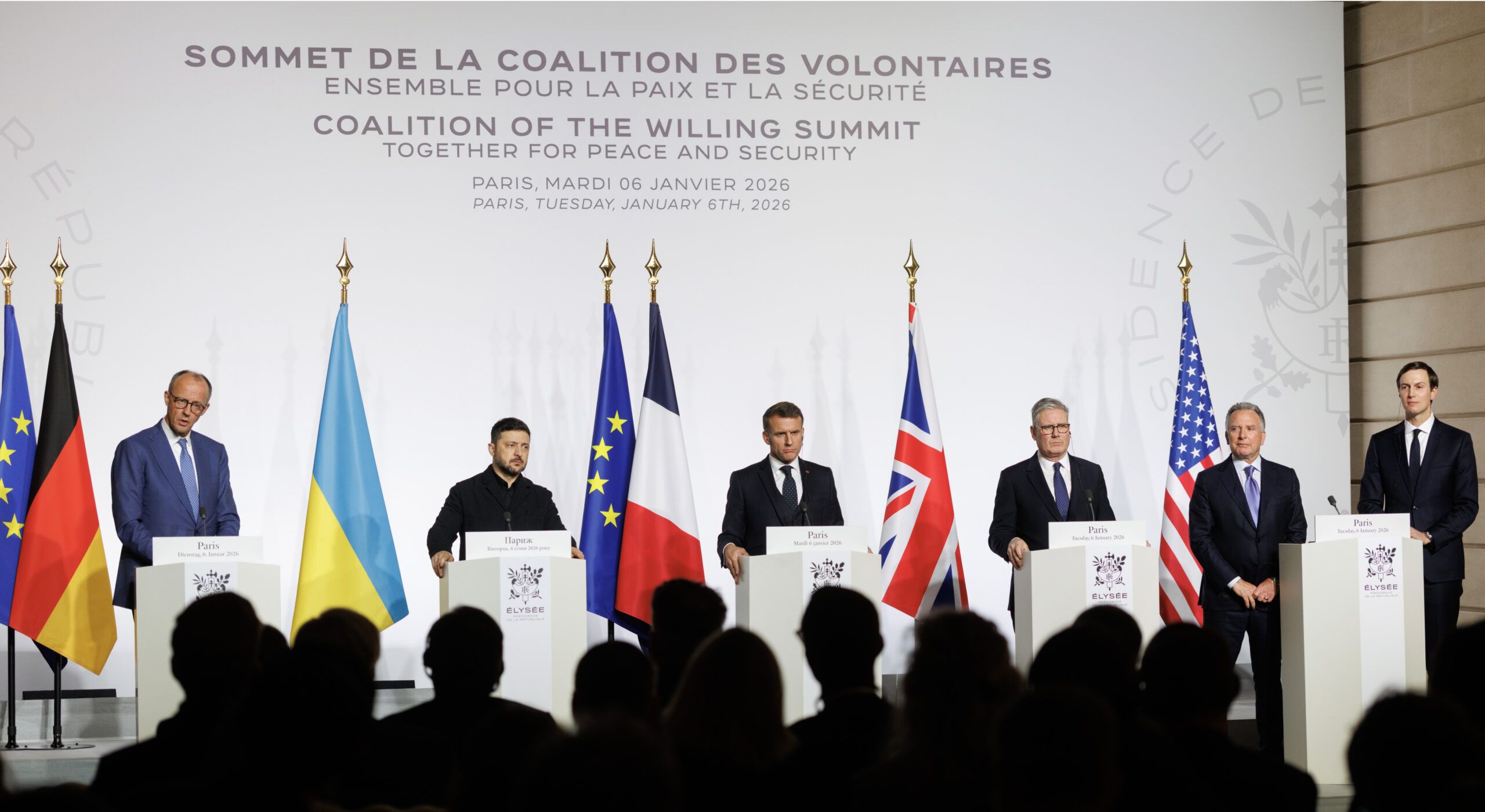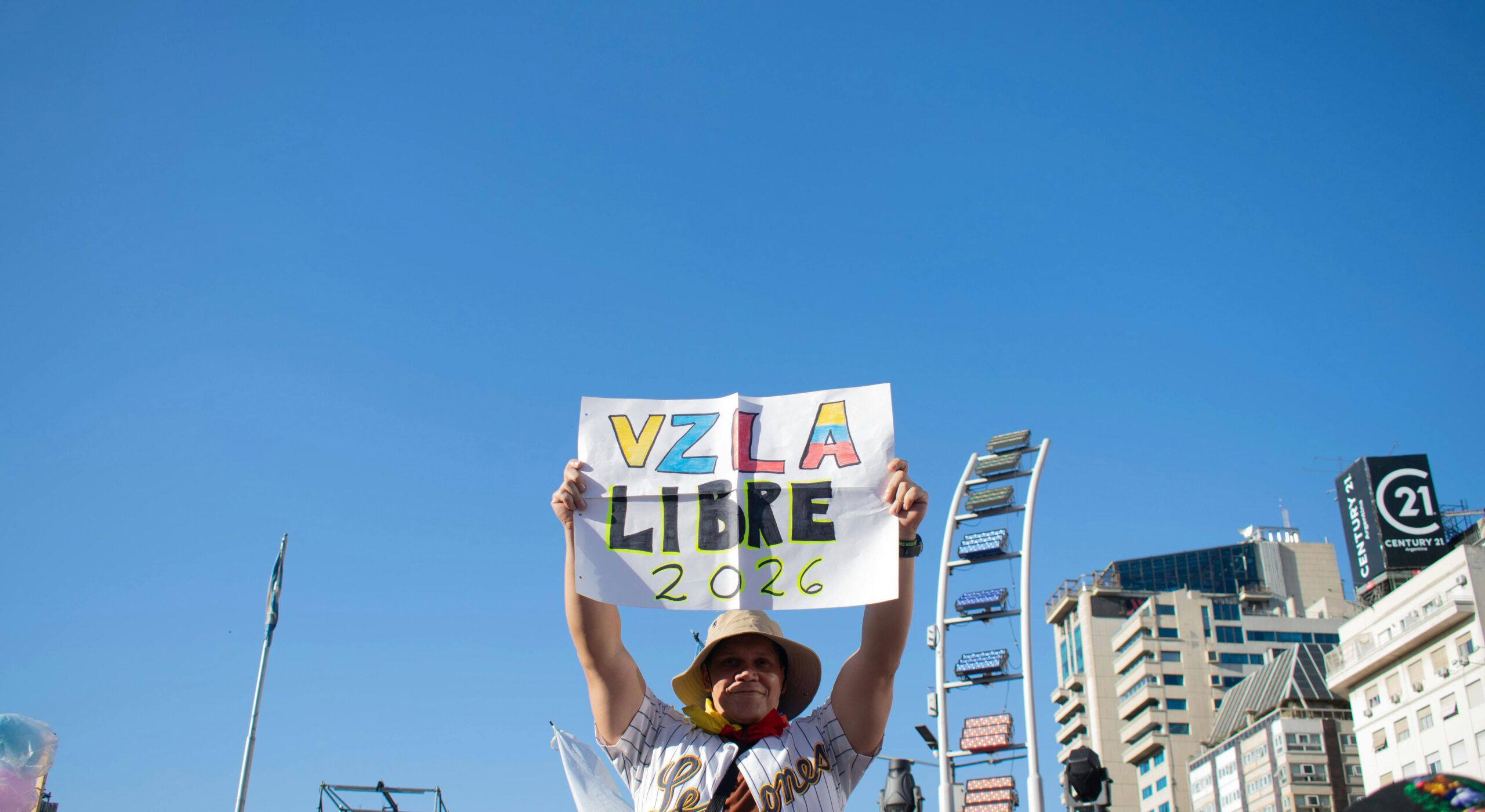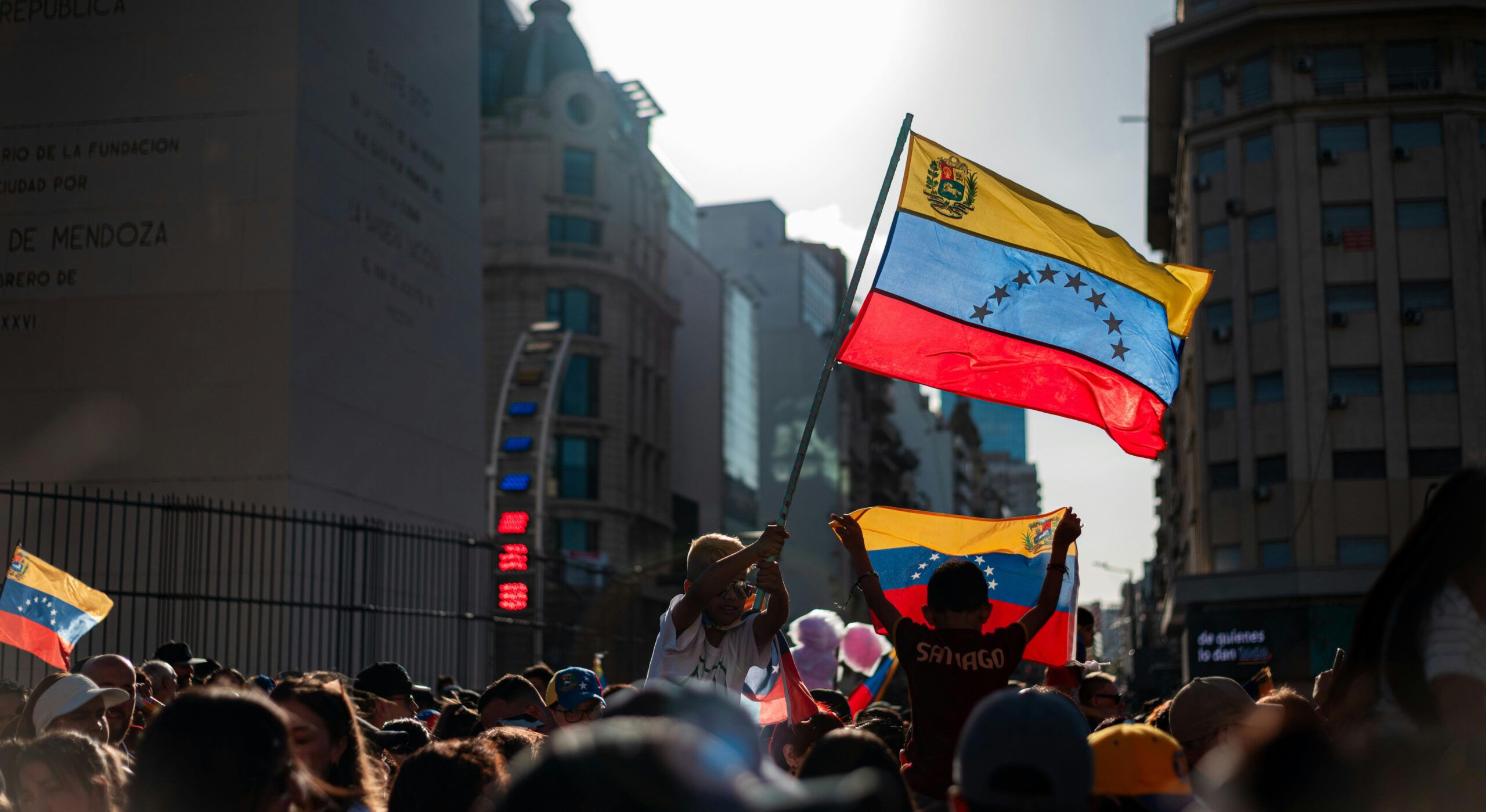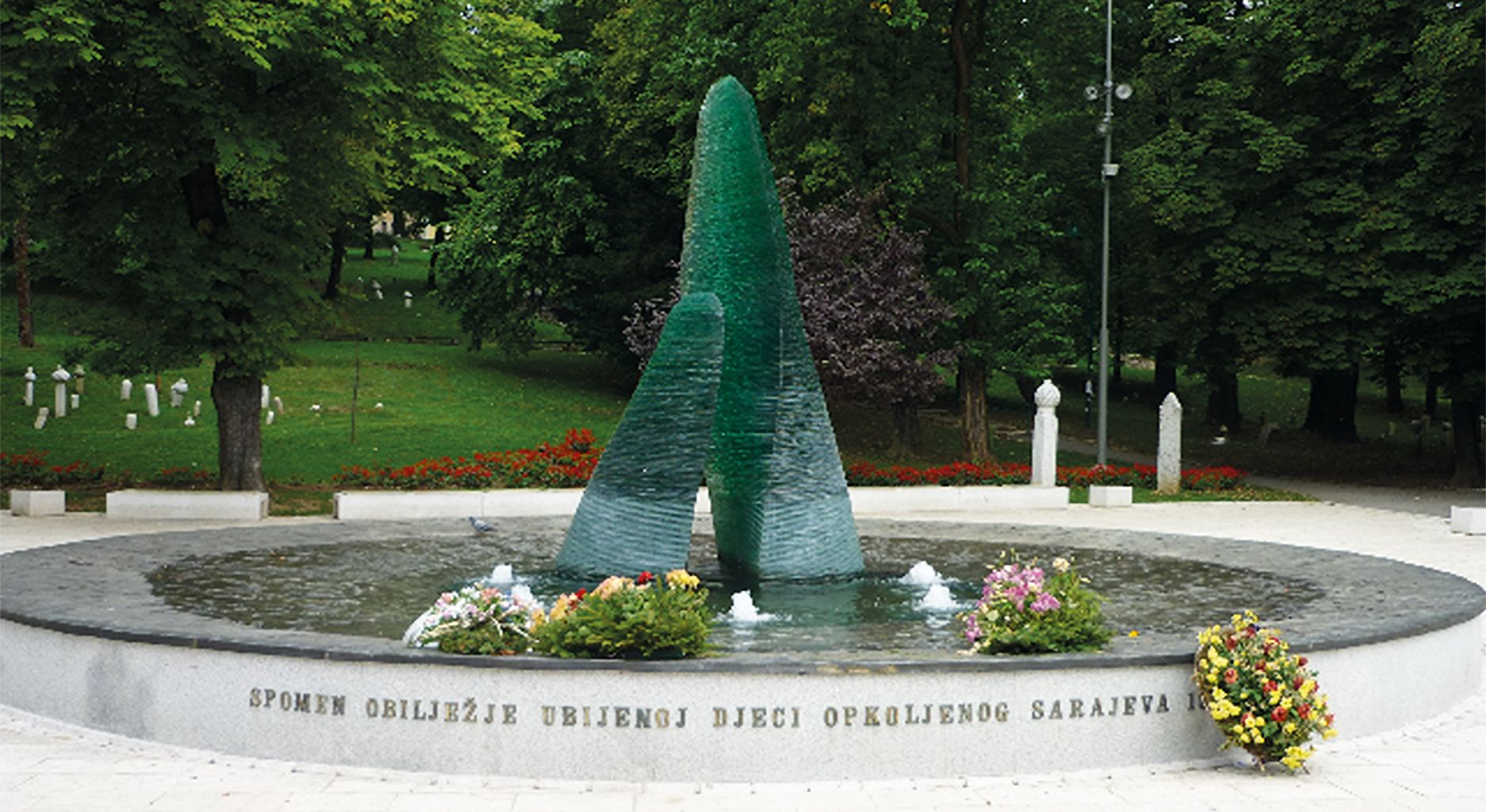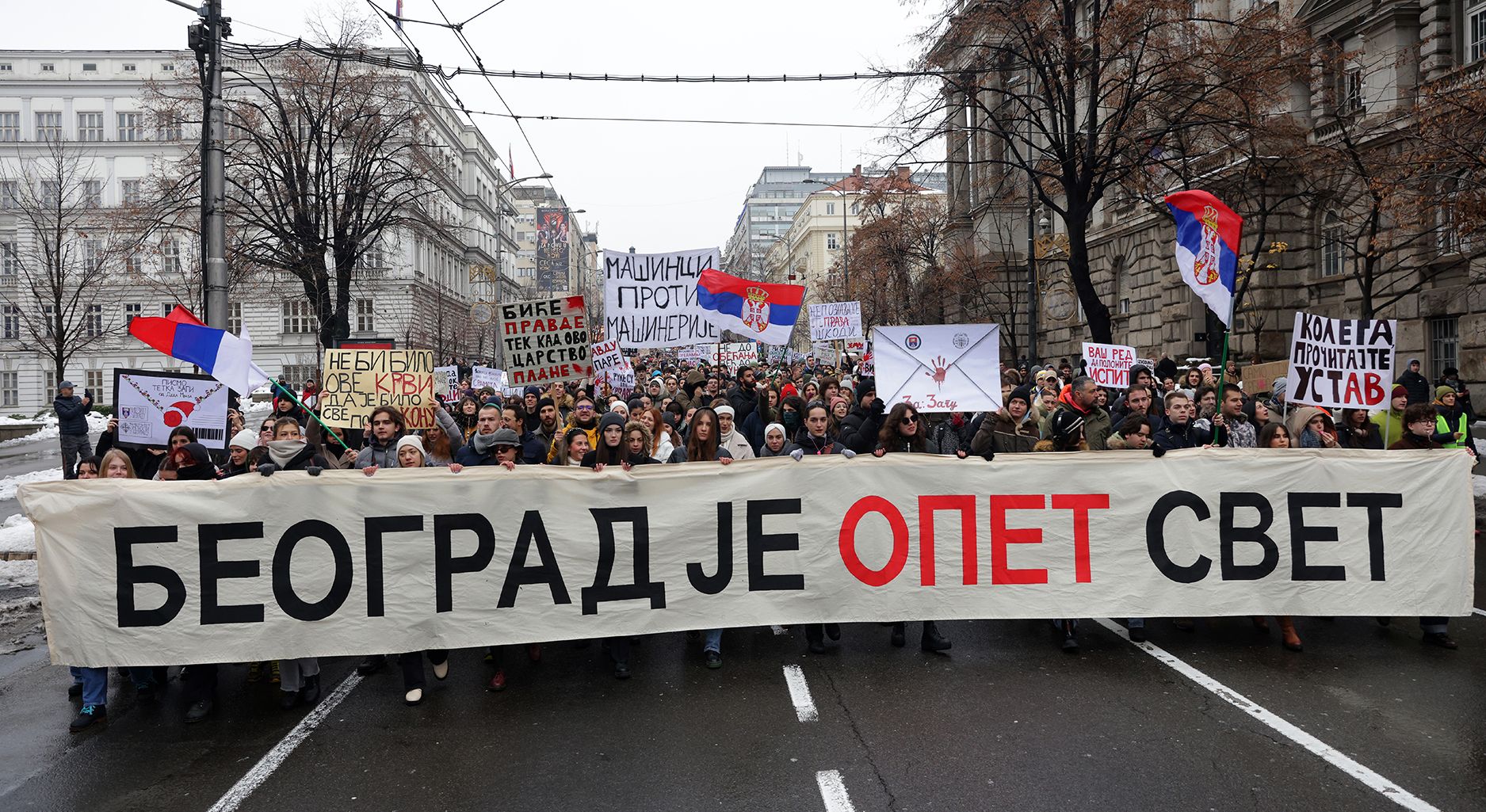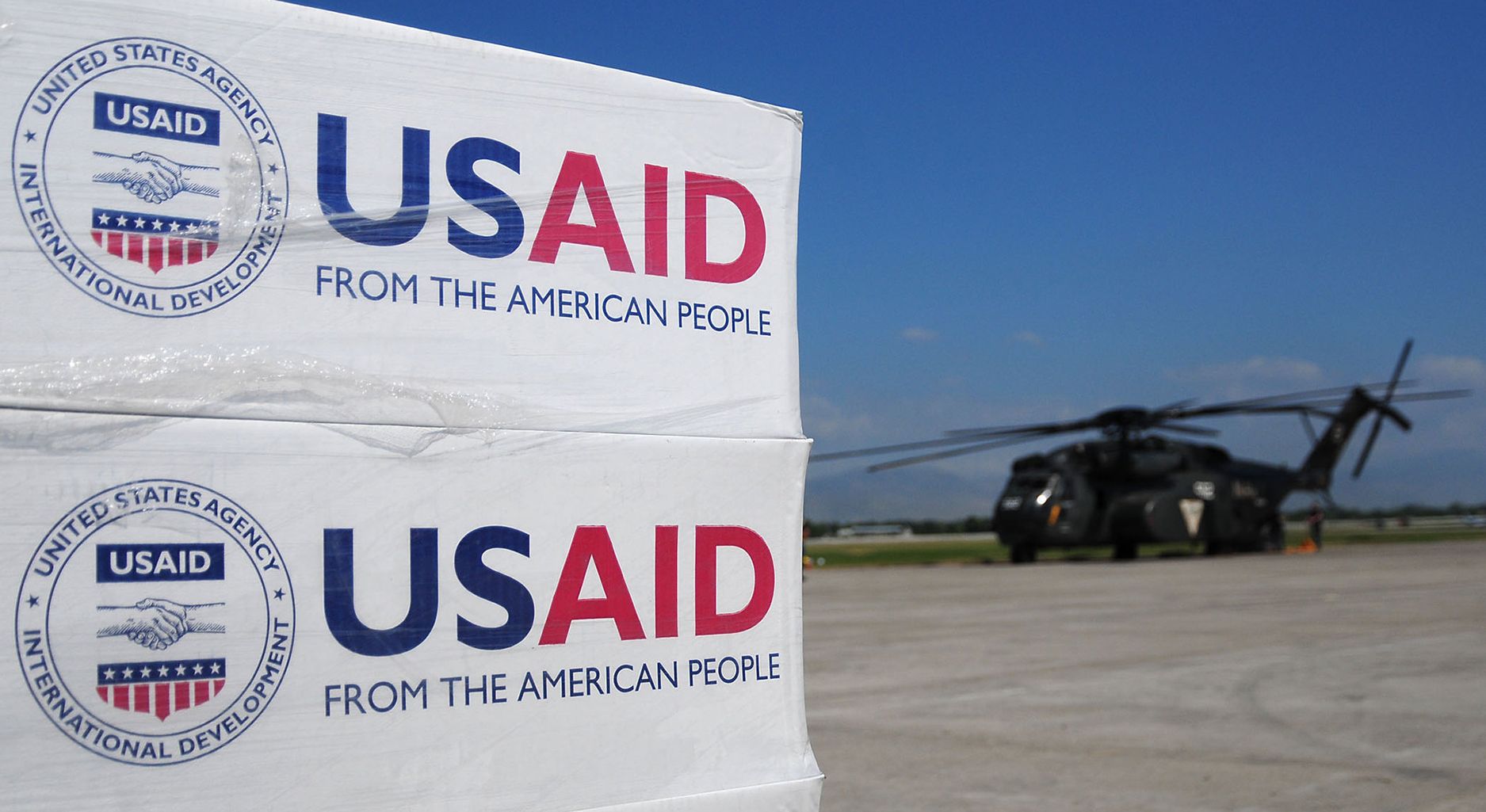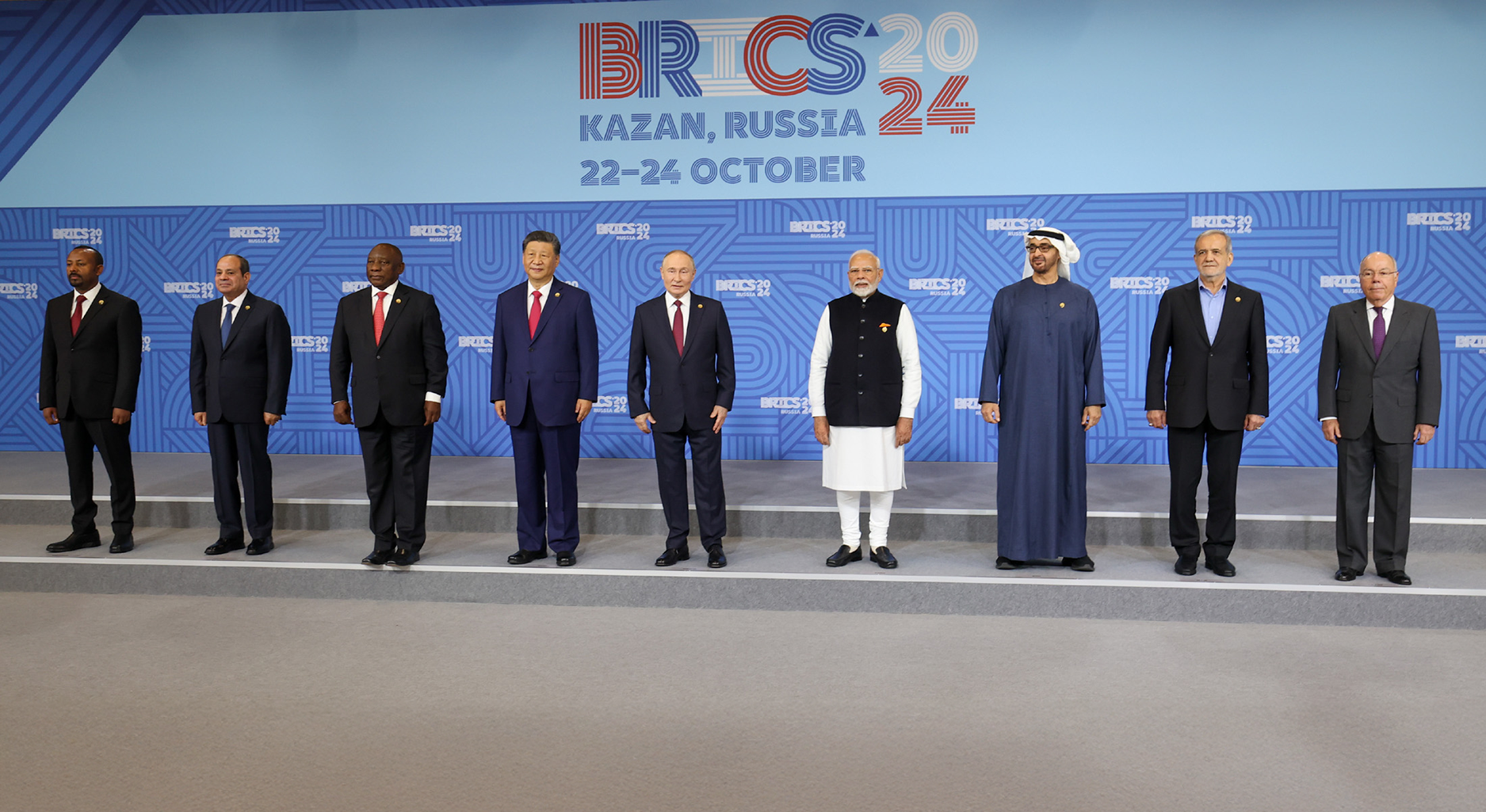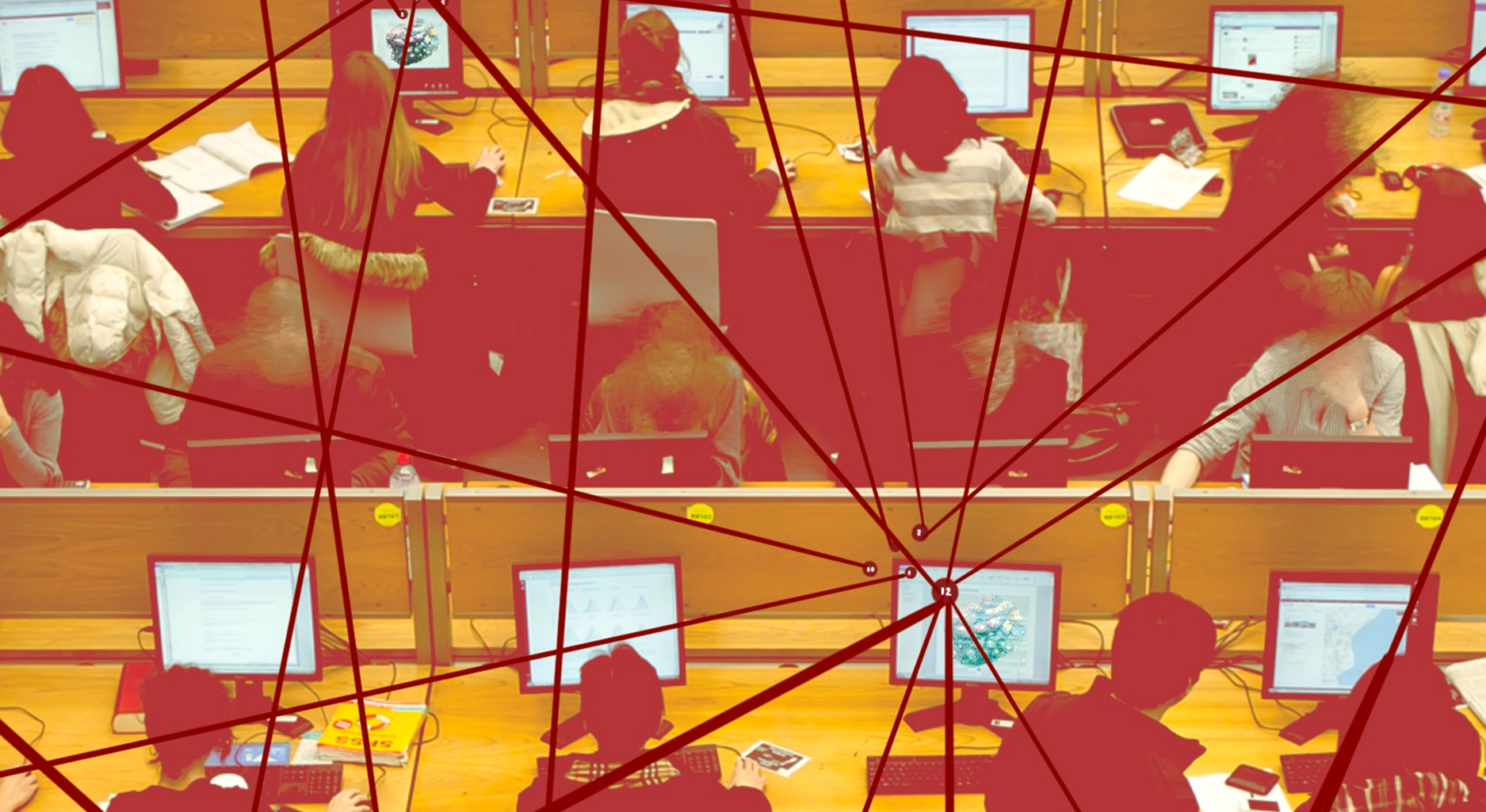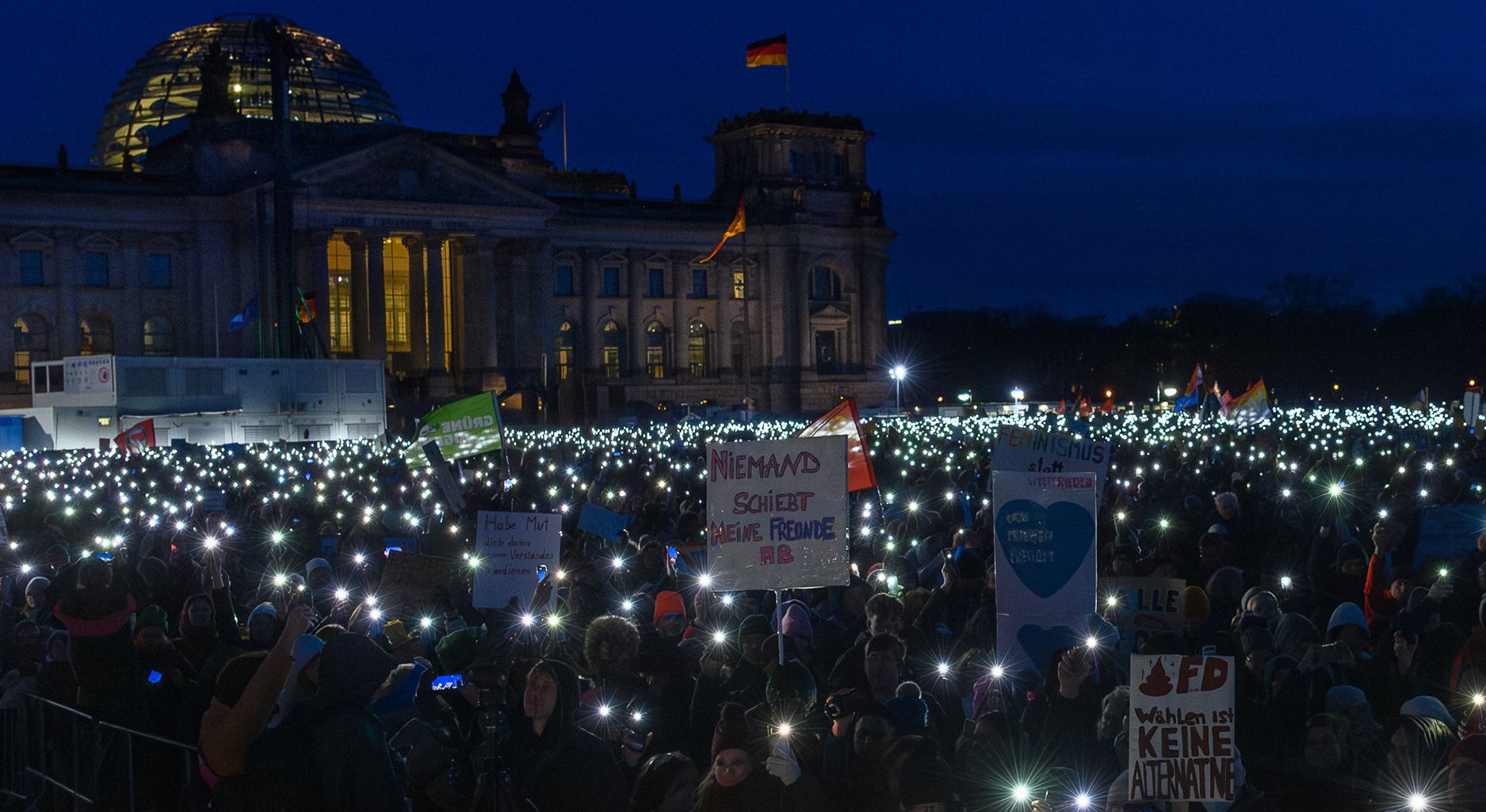Tag: Democracy
El argumento de que un ataque militar estadounidense podría conducir a una transición democrática...
Frieden und Demokratie auf dem Rückzug – was nun?
Das neue Jahr beginnt mit düsteren Aussichten. In der Ukraine geht der verbrecherische...
Zwischen Feigenblatt und politischer Perspektive: Regime Change in der Kontroverse um die US-Intervention in Venezuela
Das Argument, dass der US-Militärschlag zu einer demokratischen Transition in Venezuela führen...
Democracy Can’t Be Imported
Intervention can force change at the top, but it cannot deliver democracy. In Venezuela, the...
30 Jahre nach dem Dayton-Abkommen – Zur Rolle des Friedensschlusses für Bosnien und Herzegowina und andere Konflikte
1995 beendete der in Dayton ausgehandelte Friedensvertrag den Krieg in Bosnien und Herzegowina,...
Uprisings in Serbia. Struggle(s) against a resilient regime
Following the collapse of the recently renovated Novi Sad train station, which resulted in the...
USAID Facing its End? Likely Consequences for International Democracy Promotion
The US government under President Donald Trump has announced a comprehensive shakeup of the US...
Die Weltordnung und der Systemwettbewerb: Zur außenpolitischen Positionierung der Parteien im Bundestagswahlkampf
Der russische Angriffskrieg auf die Ukraine und die seither ausgerufene „Zeitenwende“ haben die...
Cybersicherheitspolitische Positionen zur Bundestagswahl 2025
Die Bundestagswahl 2025 rückt näher und mit ihr die Frage: Welche Rolle spielt Cybersicherheit...
Die CDU poltert, die AfD frohlockt und der Schaden ist angerichtet
In weniger als einem Monat wird gewählt und Deutschland diskutiert nach den schrecklichen...
